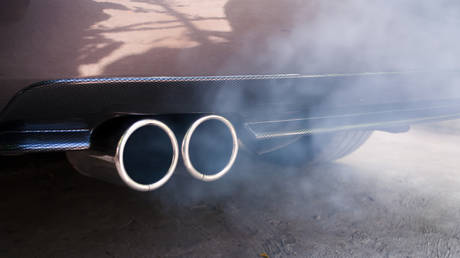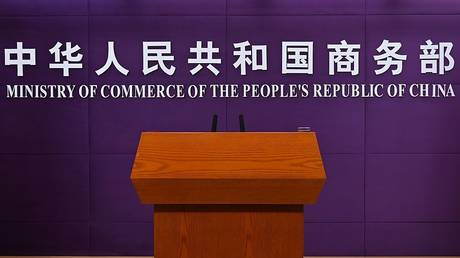
The United Nations (UN) Environment Programme has celebrated the end of a “two-decade-long” mission to eradicate “toxic” leaded petrol, after the last country to use the fuel, Algeria, finally phased it out.
Despite having initially been praised for powering the next generation of cars, planes and motorcycles, leaded petrol was found to be “toxic.” The fuel has been linked to health problems, including cancer, heart disease and strokes, as well as to premature deaths and development issues in children.
Praising the eradication of the fuel, the UN Environment Programme’s Executive Director, Inner Anders, called it a “huge milestone for global health and our environment.” The UN’s Secretary-General Antonio Guterres echoed this statement, celebrating “the culmination of a global, decades-long effort to rid the world of lead in petrol.”
While many countries had banned leaded fuel by the 1980s over concerns about its impact on people’s health, other nations didn’t, with Algeria still using it in July this year.
The UN Environment Programme has been working with governments around the world since 2002 to phase out the use of leaded petrol, describing the fuel as illustrating “in a nutshell, the kind of mistakes humanity has been making at every level of our societies.”
The announcement from the UN was met with praise from environmental activist group Greenpeace, which called it “the end of one toxic era,” adding that this success proves it’s possible to eventually “phase out all fossil fuels.”
The UN Environment Programme has previously estimated that, each year, banning leaded fuel will save more than 1.2 million lives, helping the global economy save $2.4 trillion in healthcare expenses.
Like this story? Share it with a friend!




